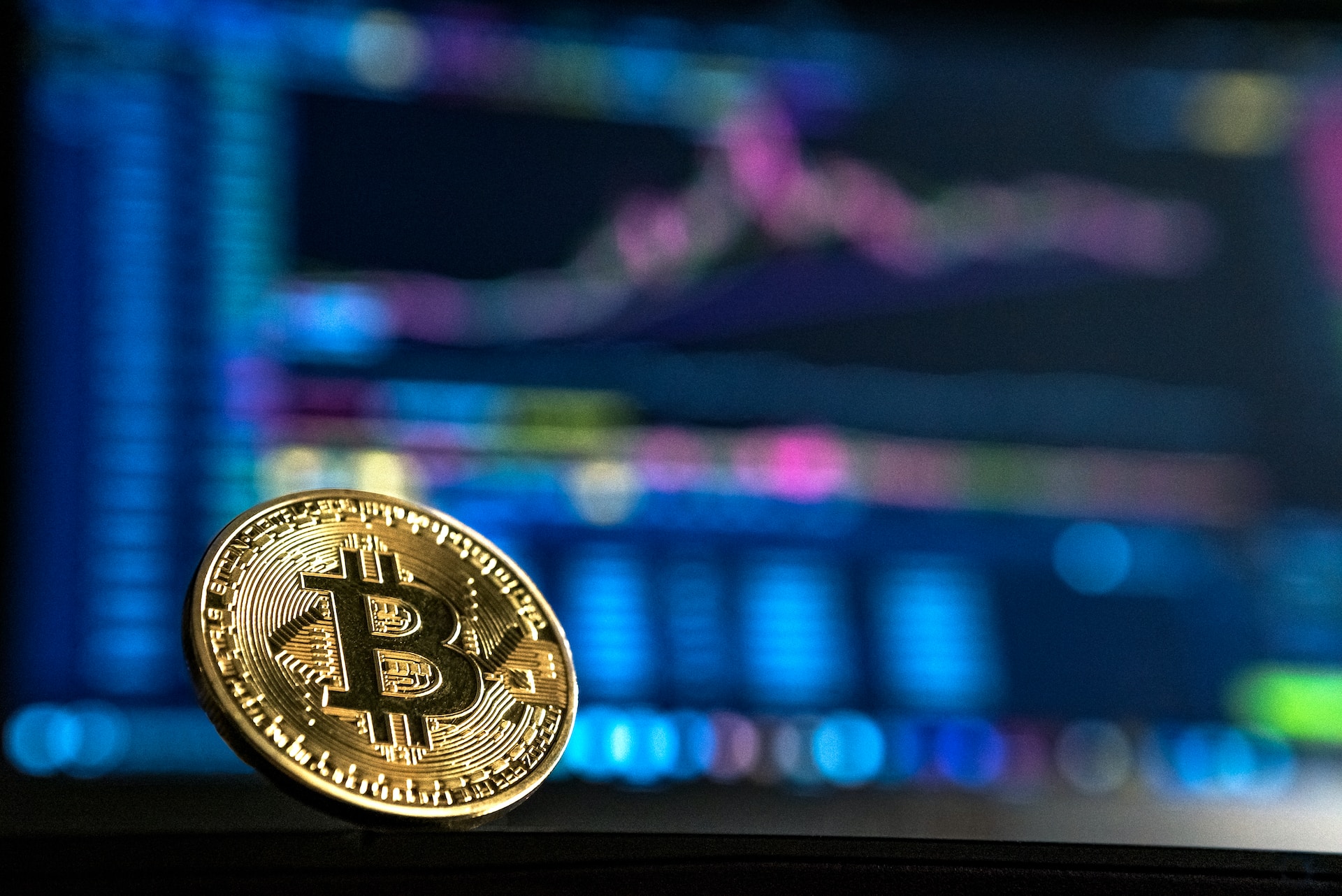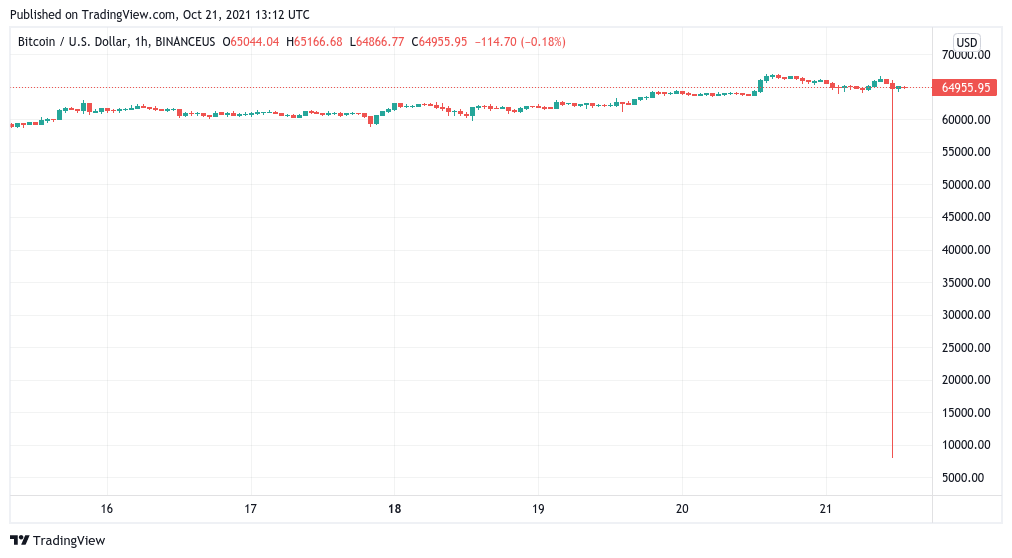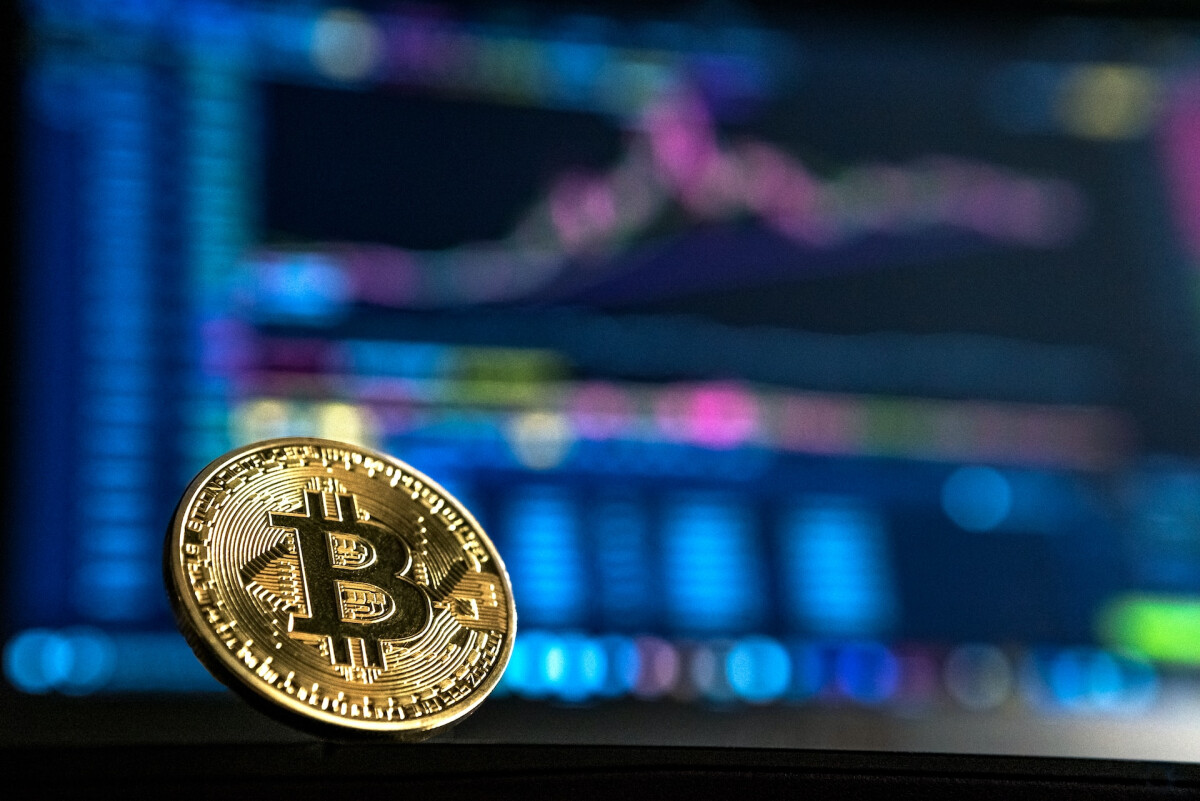Sam Bankman-Fried’s Alameda Research Allegedly Linked to 2021 Bitcoin Price Plunge

The Bitcoin price experienced an abrupt and unexplained decline of 87% on October 21, 2021, and new information suggests that Sam Bankman-Fried’s Alameda Research may have been the culprit.
Today, a former employee came forward to shed light on the company’s internal operations, claiming that a trading error within the firm led to the drastic drop in Bitcoin’s price on Binance.US.
The Incident: Rapid Drop and Recovery on Binance.US
The flash crash occurred at 11:34 UTC (7:34 a.m. ET), causing Bitcoin prices to plummet from approximately $65,760 to a shocking low of $8,200. Within minutes, the cryptocurrency regained its value, almost returning to its original price.

While other Bitcoin markets remained unaffected, traders on Binance.US were left bewildered by the sudden dip. At the time, a spokesperson for Binance.US stated that an “institutional trader” was to blame due to a glitch in their trading systems.
The Revelation: Former Alameda Research Employee Speaks Out
The true identity of the trader behind the glitch was unknown until today when a former employee of Alameda Research, Baradwaj, revealed that the firm might be responsible for the unsettling event.
According to Baradwaj, Alameda Research typically uses algorithms for trade executions. However, during periods of market volatility or when a lucrative opportunity arises, traders at the firm have the option to manually send out orders. It was during one such instance that the mishap occurred, he claimed.
“The trader was trying to sell a block of BTC in response to the news, and sent out the order via our manual trading system,” Baradwaj tweeted. “What they missed was the decimal point was off by a few spaces. Rather than selling BTC at the current market price, they sold it for pennies on the dollar.”
Consequences: Alameda Research Faces Millions in Losses
Alameda Research did not emerge unscathed from the episode. The firm reportedly incurred losses amounting to tens of millions of dollars. Arbitrage traders capitalized on the pricing error, restoring Bitcoin to its normal price levels.
In response to the substantial losses, Baradwaj stated, “Alameda’s losses on the fat-finger trade were staggering – on the order of tens of millions. But because it had been an honest mistake, there wasn’t much to do except to implement additional sanity checks for manual trades.”
With the cryptocurrency market remaining sensitive to such anomalies, traders and investors will likely seek further clarity on the internal checks and balances that trading firms like Alameda Research have in place to prevent future incidents. The former employee’s disclosure has certainly raised questions that warrant answers.



